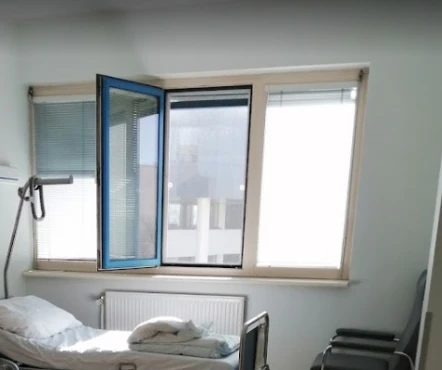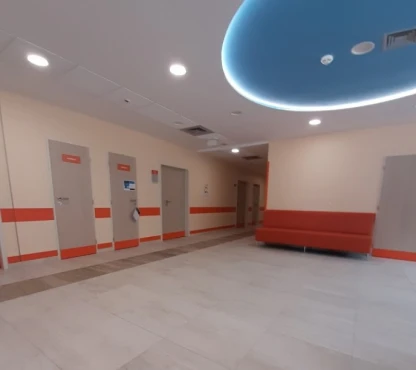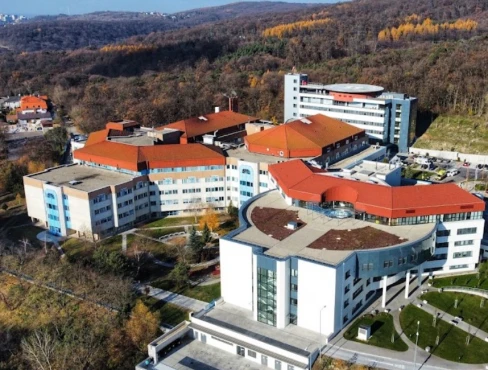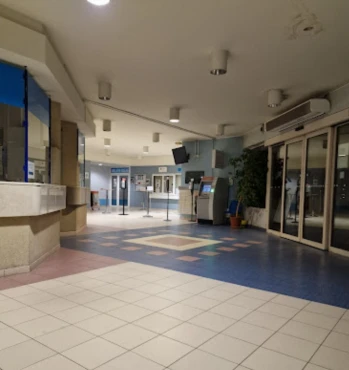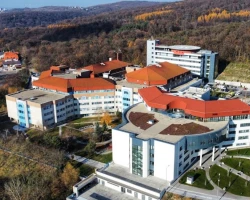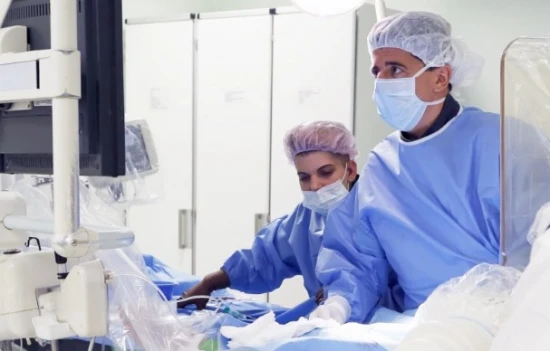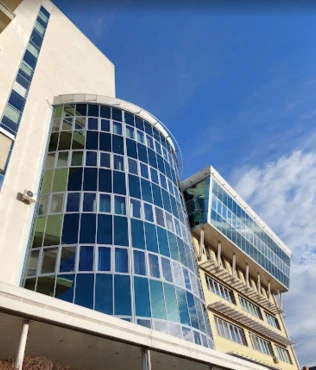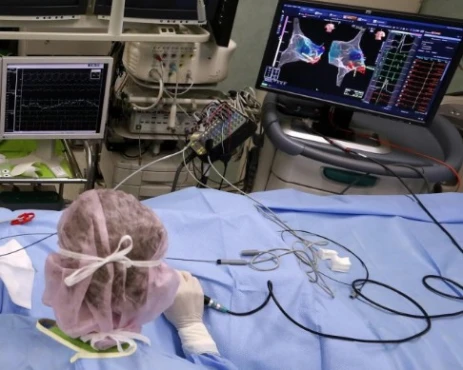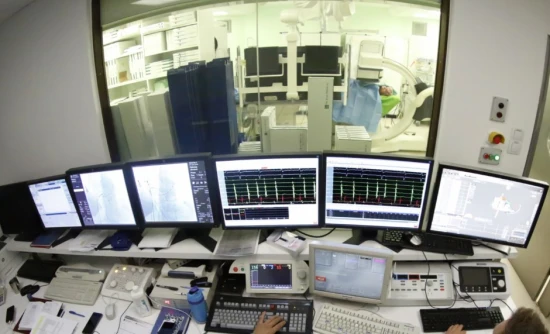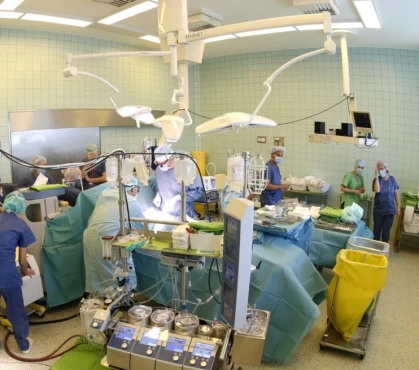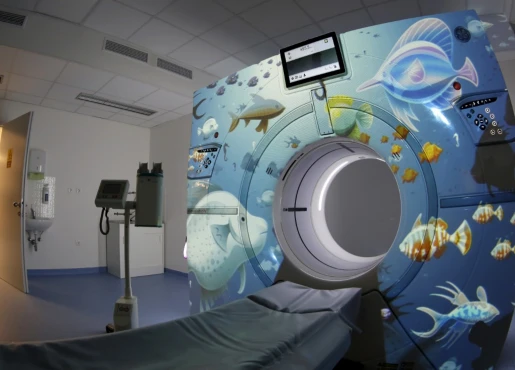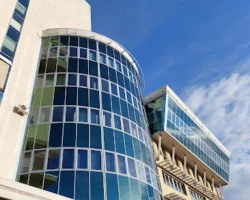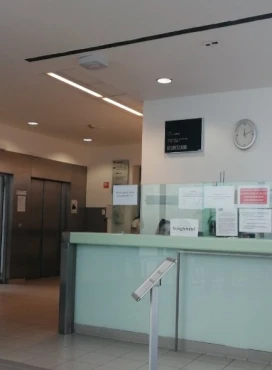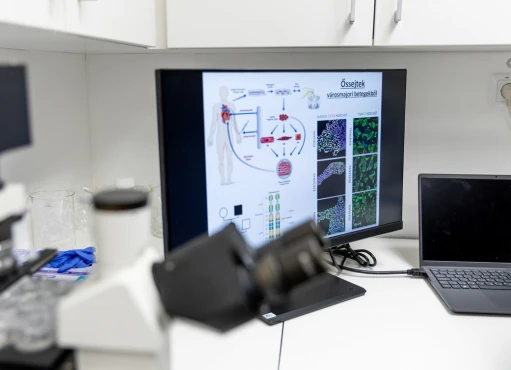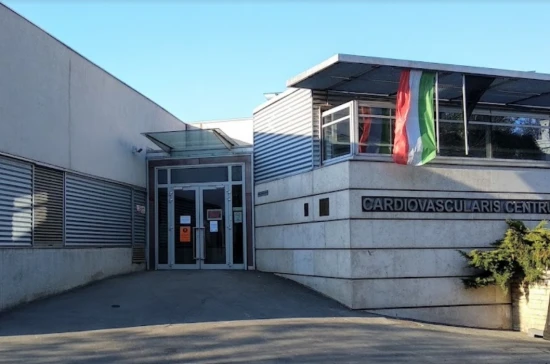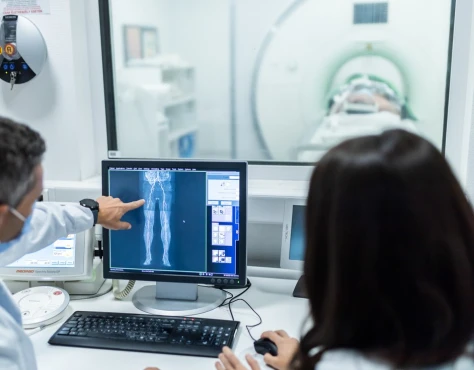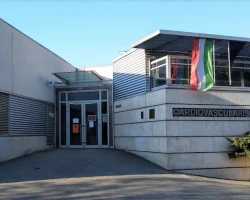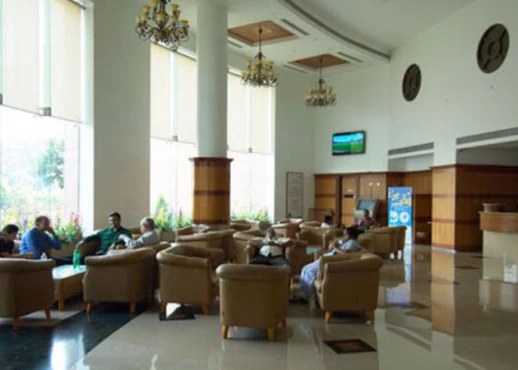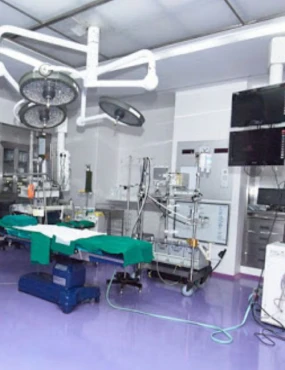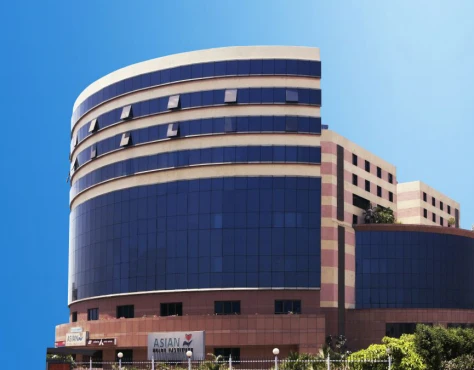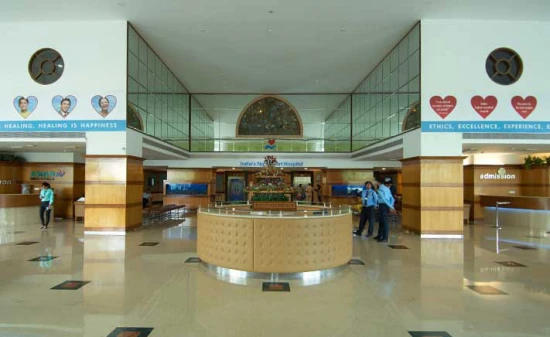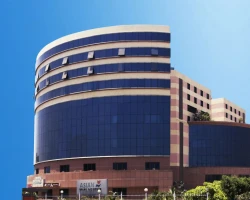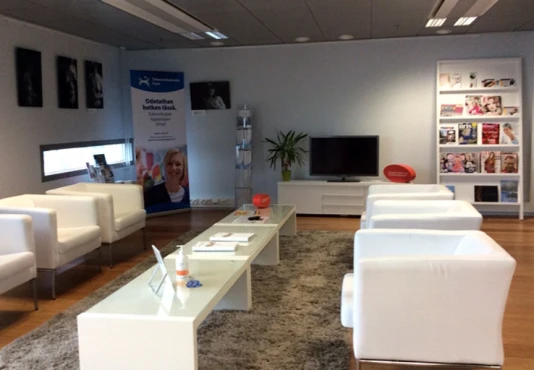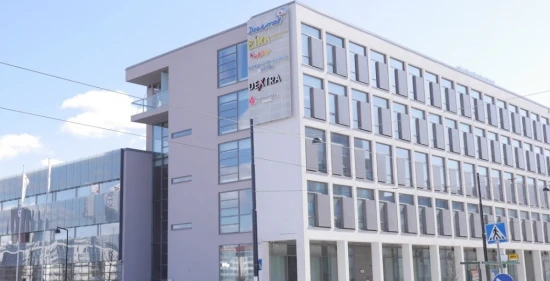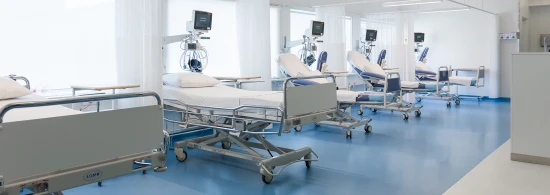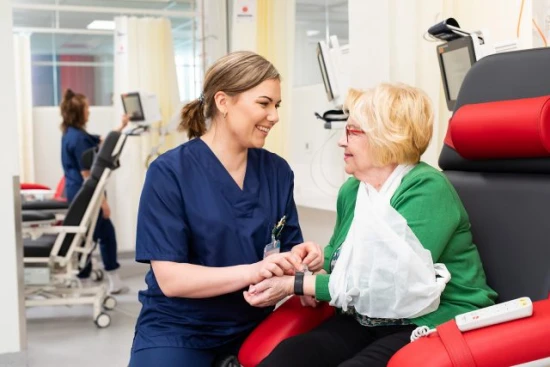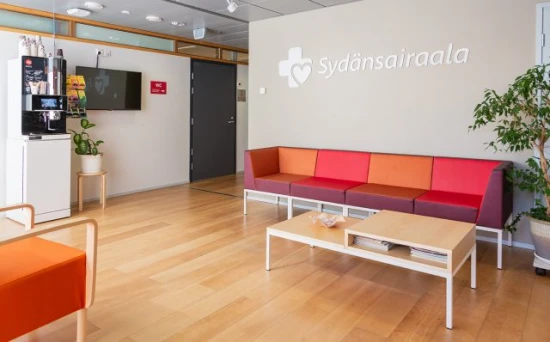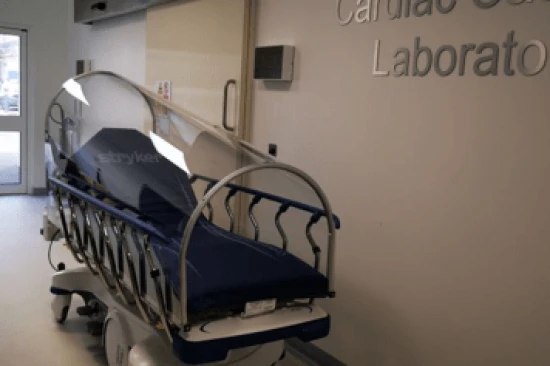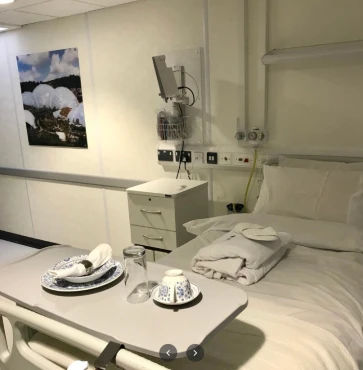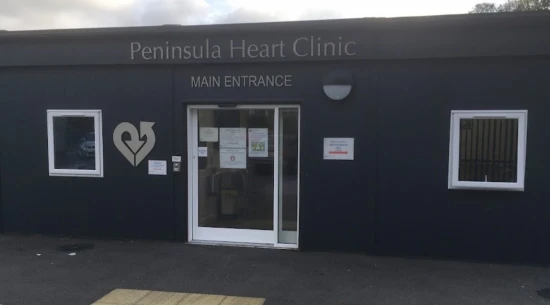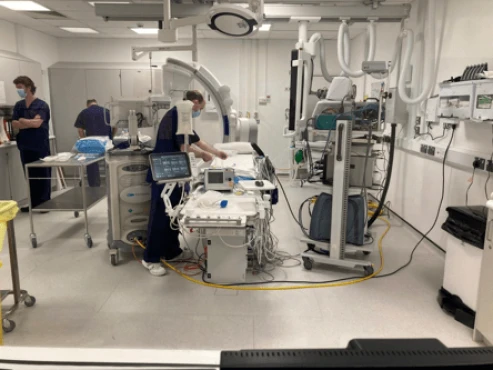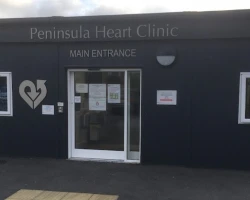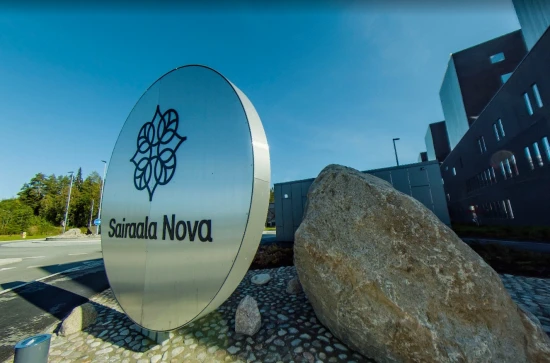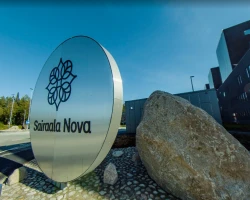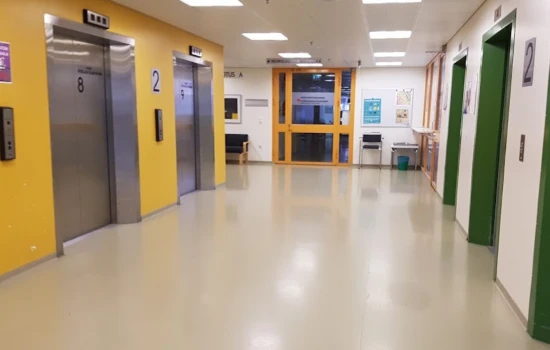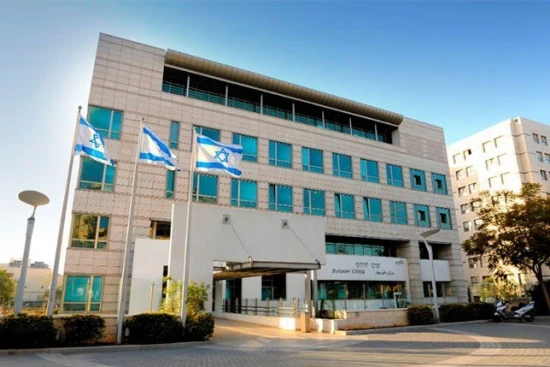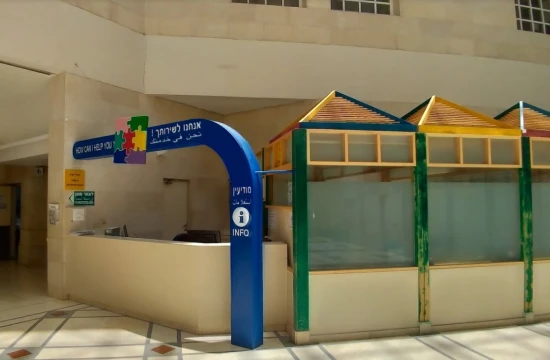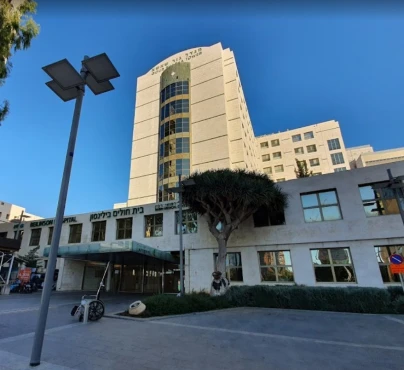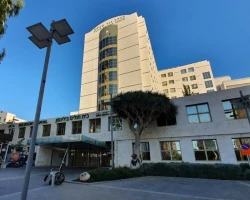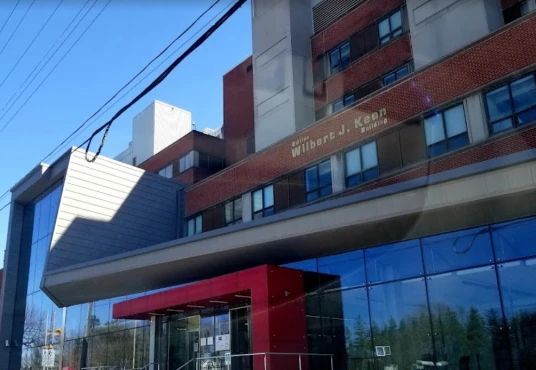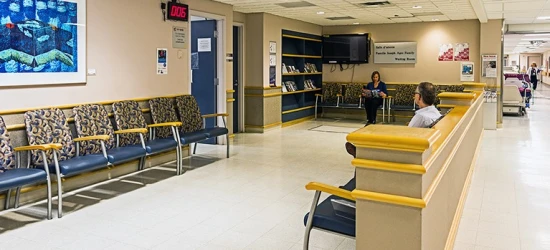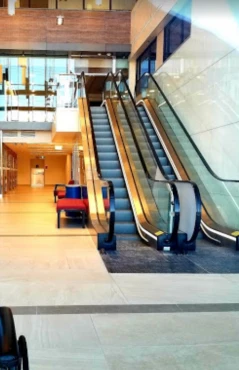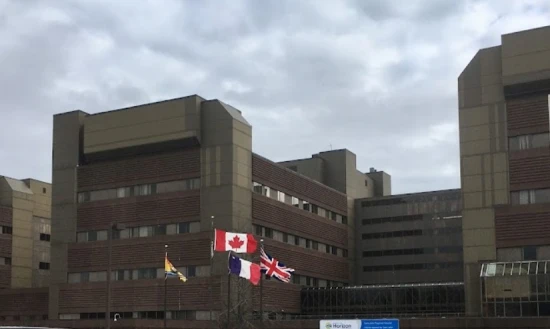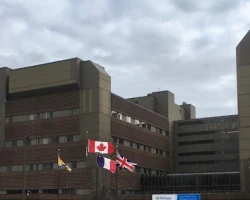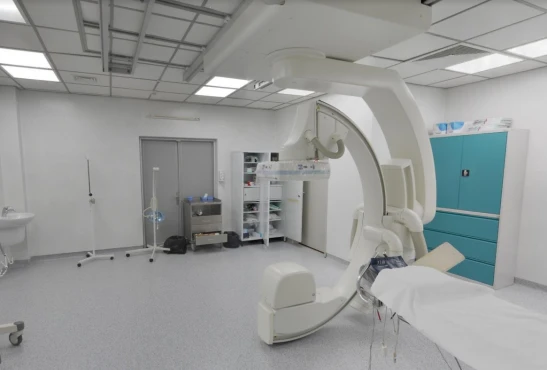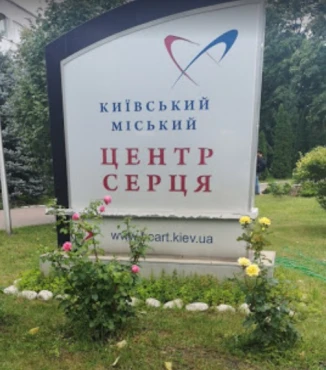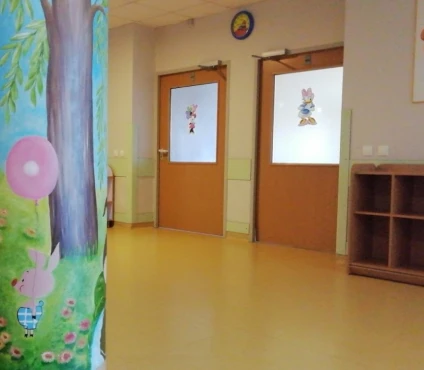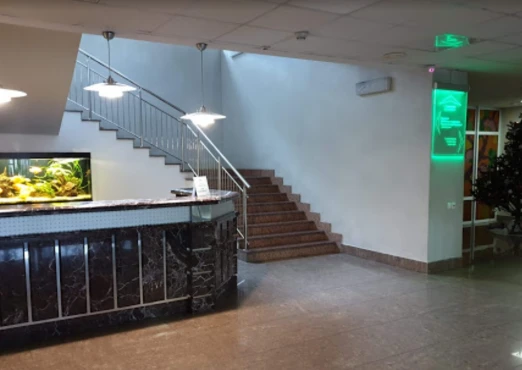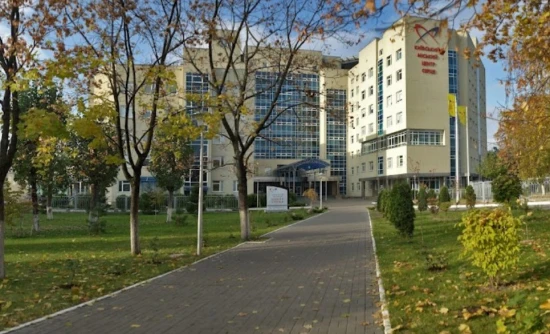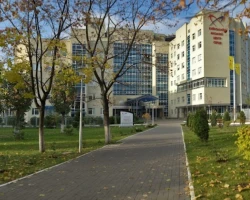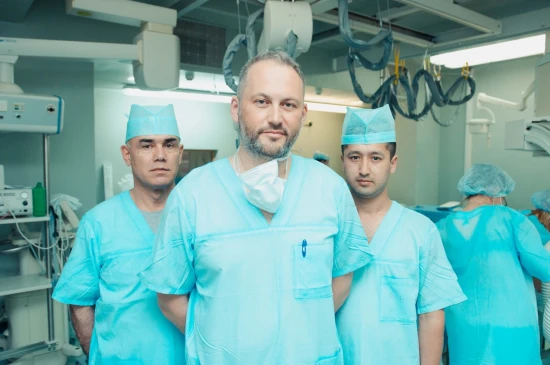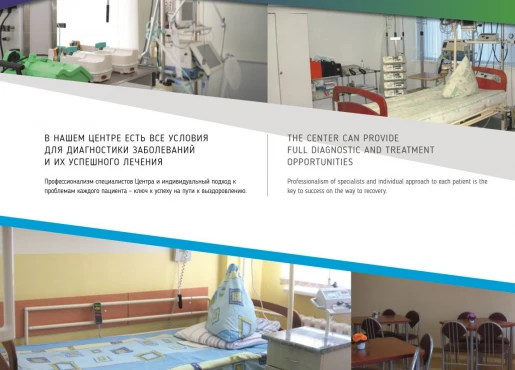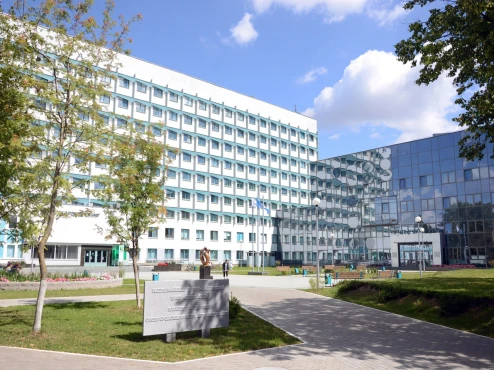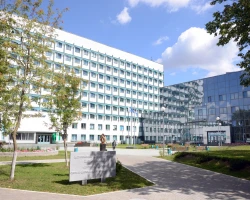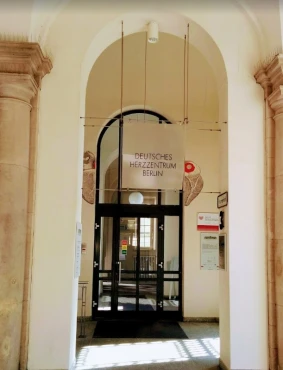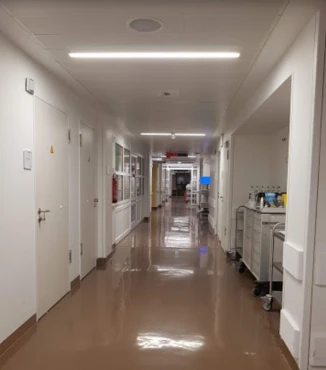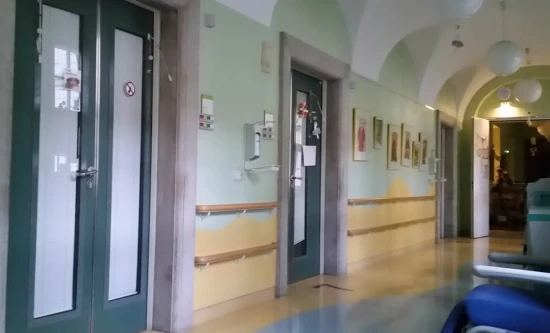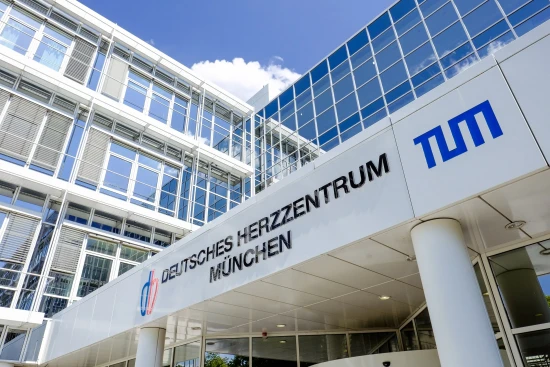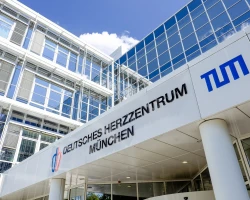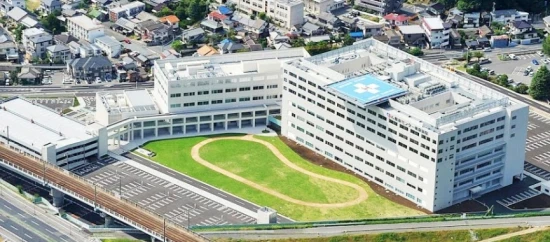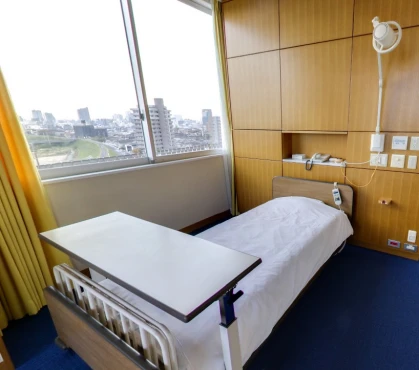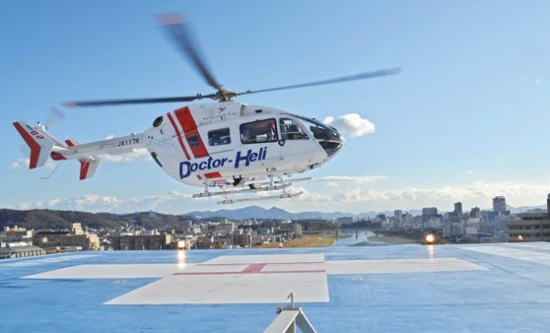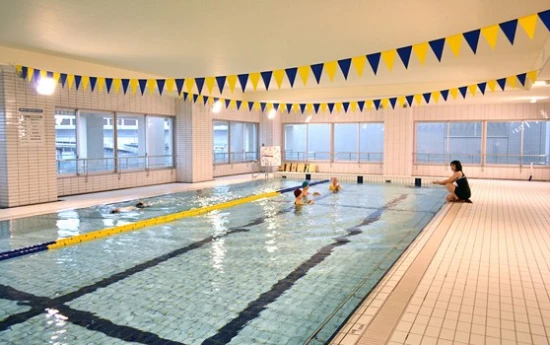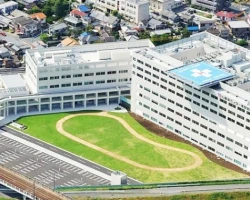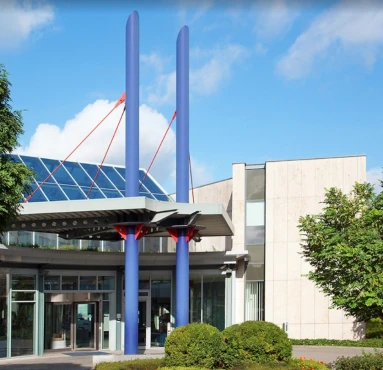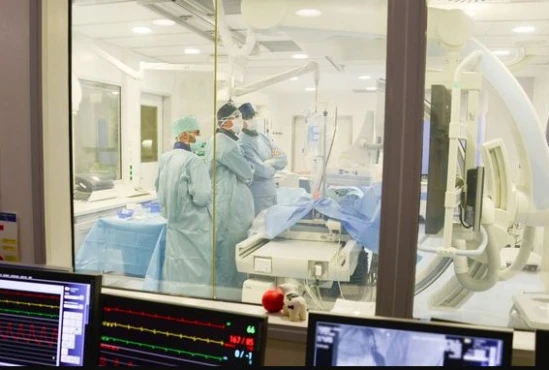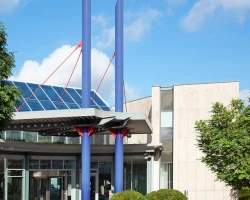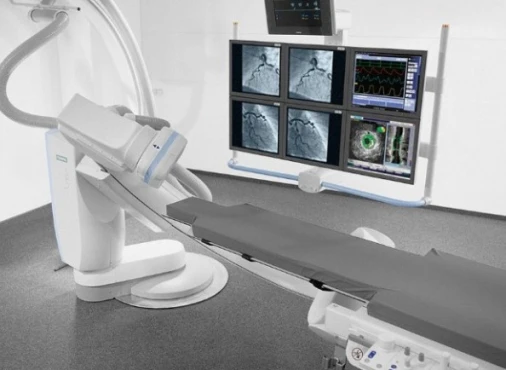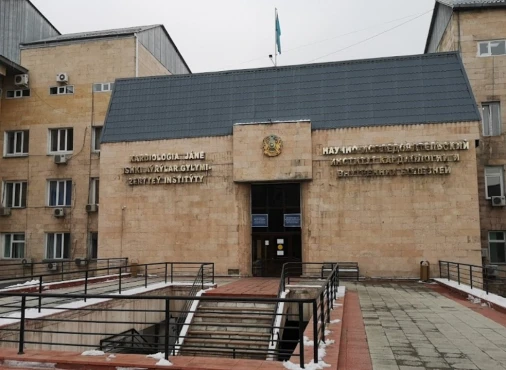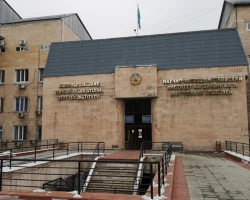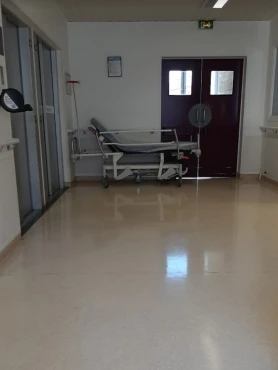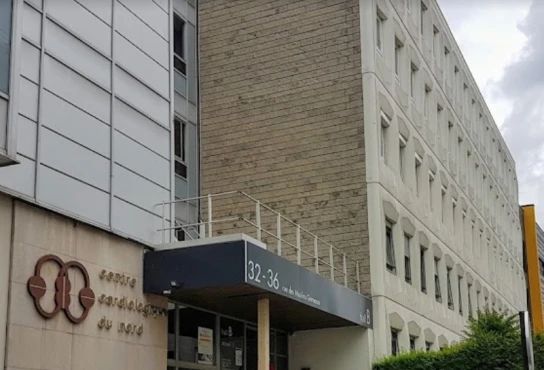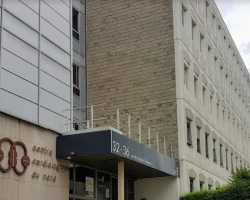Introduction
Atrial fibrillation (AF) is by far the most common heart rhythm disorder worldwide. This supraventricular arrhythmia is characterized by ineffective atrial contraction due to rapid, uncoordinated atrial electrical activation and is accompanied by potential thromboembolic events.
Epidemiology
AF is considered an epidemic cardiovascular disease with a global prevalence of more than 50 million people. Although there are a significant number of patients with undiagnosed AF who are affected and suffer the chronic complications of this arrhythmia, AF represents one of the most frequent reasons for hospitalizations requiring high technological medical health assistance.
Classification
AF is classically distinguished by duration and spontaneous termination. Although there are different classifications, below is the one proposed by the European Society of Cardiology and the American College of Cardiology.
- First diagnosed: AF document by first time, regardless of previous symptoms.
- Paroxysmal: AF that starts and terminates spontaneously or with intervention within 7 days of onset.
- Persistent: AF that is continuously sustained beyond 7 days, including episodes terminated by cardioversion (antiarrhythmic drugs or electrical cardioversion) after ≥ 7 days.
- Long-standing persistent: AF that is continuous for >12 months in duration.
- Permanent: A term that is used when the patient and clinician make a joint decision to stop further attempts to restore and/or maintain sinus rhythm. Acceptance of AF represents a therapeutic decision and does not represent an inherent pathophysiological attribute of AF.
Symptoms
AF symptoms vary from patient to patient; however, the most common symptom is heart palpitations. In addition to this symptom, patients may experience general fatigue, dizziness, shortness of breath, anxiety, weakness, confusion, sweating, and, in some cases, chest pain equivalent to a heart attack. To remark, the severity of symptoms is related to the heart ventricular response during the AF episode, if the ventricular response is rapid, then symptoms such as dyspnea and dizziness might be more notable. On the other hand, there are patients who experience asymptomatic or silent AF episodes, which means that no symptoms are perceived and patients are able to continue with their usual everyday routine. This category of patients might progress from paroxysmal to persistent AF easily because of the absence of complaints. AF progression might be accompanied by other symptoms that are already related to heart failure. Loss of consciousness might also be experienced in patients with AF due to heart rhythm pauses; according to clinical recommendations, these patients might need a pacemaker implantation.
Risk factors
AF risk factors are classified into non-modifiable risk factors such as aging, race and ethnicity, and genetics; and modifiable risk factors, which include arterial hypertension and other underlying heart diseases; obesity; diabetes mellitus type 2; hyperthyroidism; alcohol intake; physical activity; exercise; obstructive sleep apnea; blood lipids; smoking; and diet. To reduce the burden of AF, modifiable risk factors can be targeted.
Diagnosis
AF diagnosis is made by rhythm documentation with an electrocardiogram (ECG) tracing with the following characteristics: absence of distinct P waves; irregular atrial activations with an atrial cycle length that is usually <200 milliseconds; and irregular R-R intervals (when atrioventricular conduction is not impaired). Although, in the current era, heart rhythm disorders can be diagnosed by ECG-tracking smartwatches, portable ECG monitors, or other cardiac devices (pacemakers, loop recorders) that were previously implanted in patients.
Treatment
AF treatment is complex and includes the use of antiarrhythmic drugs, anticoagulants, electrical cardioversion for certain clinical situations, and invasive or surgical treatment, a tactic that is agreed upon between the patient and healthcare professionals, either a cardiologist or cardiovascular surgeon.
Pharmacological therapy
Antiarrhythmic drugs
Among the pharmacological therapies, there is a large list of antiarrhythmic drugs that can be used, and their use is aimed at maintaining the normal heart rhythm (sinus rhythm). As with any drug, verifying that patients do not have contraindications for its use is a must, and if patients have indications for the use of any specific antiarrhythmic, health care professionals need to be alert to adverse events. AF can be accompanied by arterial hypertension, heart failure, and other cardiovascular diseases; therefore, it is important to check drug interaction with the ongoing pharmacological therapy in every patient. Antiarrhythmic drug selection is made according to the chosen strategy for each clinical situation. Heart rhythm control refers to attempts to restore (pharmacological cardioversion) and maintain sinus rhythm or heart rate control to modulate the ventricular response. There are patients with acute AF episodes in which management might differ from those with chronic AF. Amiodarone, propafenone, flecainide, beta blockers, digoxin, and calcium channel blockers are some of the drugs employed in AF patients.
Anticoagulants
AF patients are at risk of thromboembolic events and should receive oral anticoagulant drugs according to the CHA2DS2-VASc Score. This score was made to determine the risk of stroke in patients suffering from AF. The following parameters are evaluated: congestive heart failure (1 point), hypertension (1 point), age ≥75 years (2 points), diabetes mellitus (1 point), stroke (2 points), vascular disease (1 point), age 65-74 years (1 point), sex category “female” (1 point). Oral anticoagulation therapy is recommended in all male patients with a CHA2DS2-VASc score of 2 or more and in all female patients with a score of 3 or more.
Anticoagulant drugs include the use of new oral anticoagulants (rivaroxaban, apixaban, and edoxaban) and vitamin K antagonists (warfarin). Both are effective for the prevention of thromboembolic events; however, new oral anticoagulant use seems to be more comfortable for patients because anticoagulation can be initiated without dose titration. In contrast, warfarin requires dose titration in order to achieve an international normalized ratio (INR) between 2 and 3. This parameter is considered optimal for the prevention of thromboembolic events. INR is a test used to measure how quickly blood forms a clot. This test should be performed until the right dose of warfarin is determined. In patients with a prosthetic mechanical valve, rivaroxaban, apixaban, and edoxaban are contraindicated. Therefore, in this category of patients, warfarin must be used. If patients have renal impairment, then dose reduction is indicated according to drug instruction criteria. As with any drug, contraindications due to other clinical situations or concomitant diseases must be performed by a health care professional before anticoagulant administration.
Anticoagulation increases the risk of bleeding. Risk assessment can be performed using the HAS-BLED score in patients with AF. This score includes hypertension (1 point), abnormal renal/liver function (1 point each), stroke (1 point), bleeding history or predisposition (1 point), labile INR (1 point), elderly >65 years (1 point), drugs/alcohol (1 point each). AF patients are classified into low risk=score 0, moderate risk=score 1-2 and high risk=score ≥3. This score provides a rationale for clinicians to understand which type of follow-up should be carried out with selected patients.
Electrical cardioversion
Electrical cardioversion is a method for acute rhythm control in hemodynamically unstable AF patients in emergency settings (patients with AF episodes with rapid ventricular response and consequently symptoms of heart failure due to ineffective heart pump function). Synchronized direct current electrical cardioversion is considered to be superior to pharmacological cardioversion and provides immediate restoration of sinus rhythm. In patients in whom AF episodes do not represent an emergency, electrical cardioversion and pretreatment with antiarrhythmic drugs can be employed for sinus rhythm restoration in symptomatic patients with persistent AF as part of rhythm control therapy. Effective anticoagulation is recommended for a minimum of three weeks, and exclusion of cardiac thrombus with a transesophageal echocardiogram must be performed before cardioversion.
Interventional treatment
Minimally invasive methods are employed to treat AF patients; this method is known as pulmonary vein isolation or AF catheter ablation and consists of the use of catheters that are inserted in the femoral vein and placed into the heart (left atrium), and atrial ectopic activity originated from the pulmonary veins is eliminated. Radiofrequency ablation and cryoablation are the most common energy sources employed; however, novel technologies are being introduced for pulmonary vein isolation; one example is pulse-field ablation, which, in contrast to the previous ones, is a non-thermal energy source. If pulmonary vein isolation is considered, then patients need special preparation for the procedure. Catheter ablation is recommended for rhythm control after ineffective antiarrhythmic drug therapy or intolerance to improve symptoms of AF recurrences in patients with paroxysmal and persistent AF; it is also recommended as first-line therapy to reverse left ventricular dysfunction in AF patients when tachycardia-induced cardiomyopathy is highly probable, independent of their symptom status. In patients with obesity, it is recommended to lose weight before catheter ablation, and strict control of risk factors and avoidance of triggers are recommended as part of a rhythm control strategy. Hospitalization duration may vary from two to five days; however, this depends on the AF heart team and the protocols used in different hospitals. Patients must understand that catheter ablation does not exclude the use of antiarrhythmic and anticoagulation drugs after the procedure. Drug discontinuation is a decision that will be made by doctors according to the clinical status of each patient after careful follow-up.
Surgical treatment
Surgical ablation is recommended in selected patients and does not represent the first-line treatment. In patients with AF who are undergoing cardiac surgery, concomitant surgical ablation can be performed in order to reduce the potential risk of recurrent AF. This category of patients should also receive anticoagulants.
Conclusion
AF is a complex heart rhythm disorder accompanied by a high risk of thromboembolic events and potential cardiovascular and neurological complications. AF management requires a multidisciplinary team of specialists for quality-of-life optimization and reduction of the AF burden.




